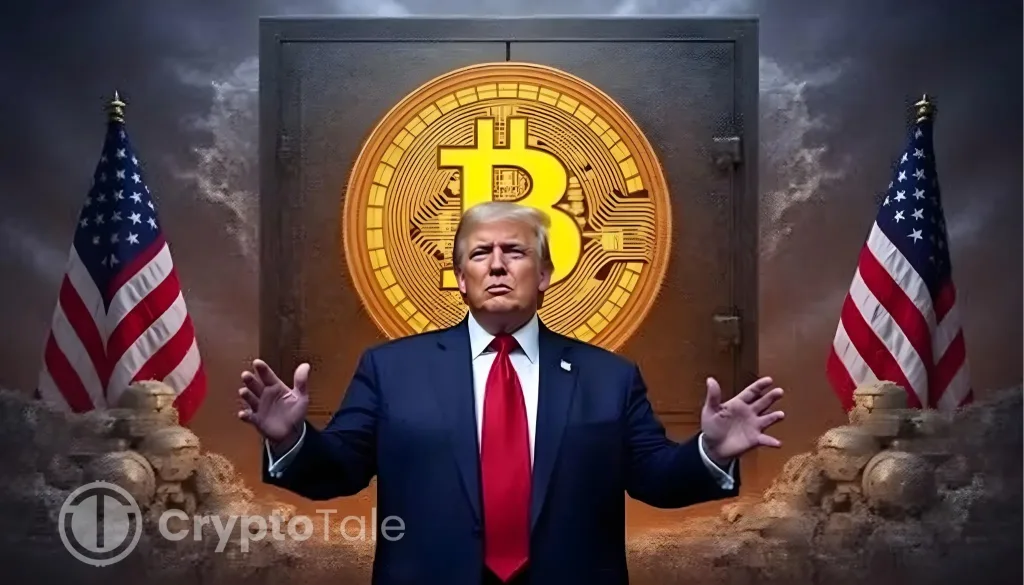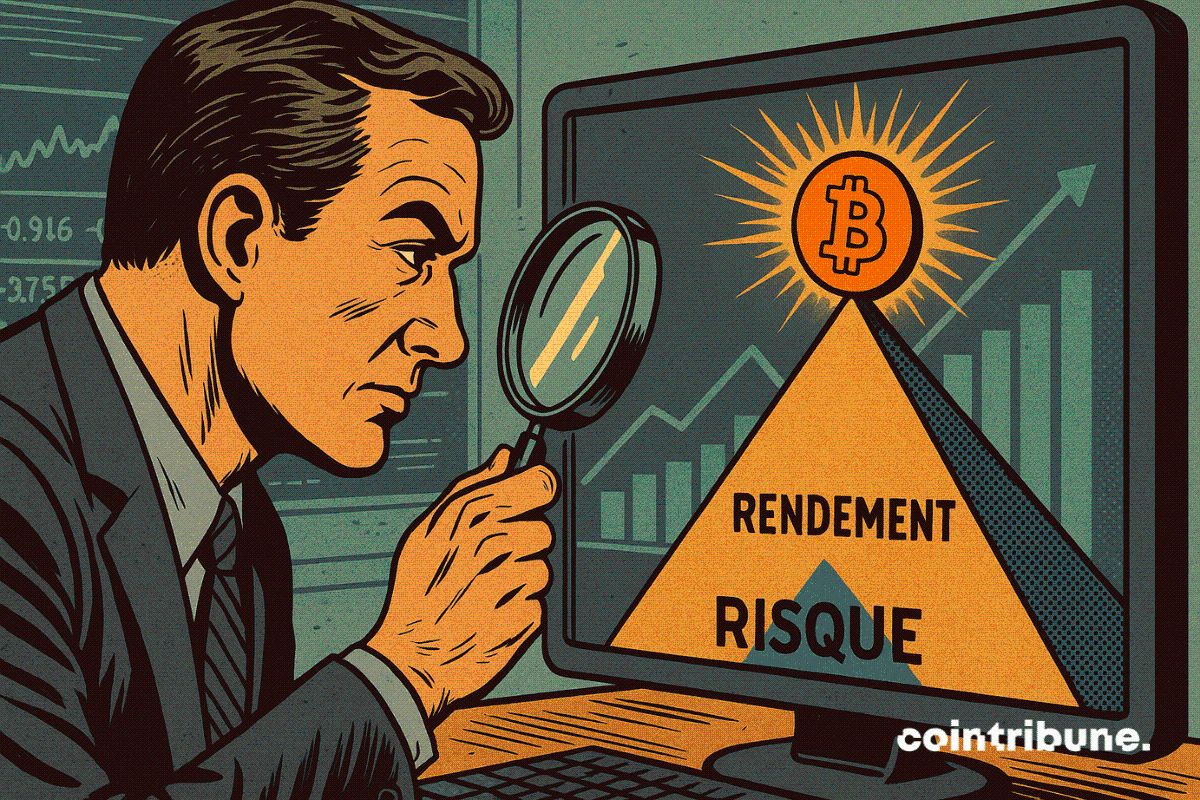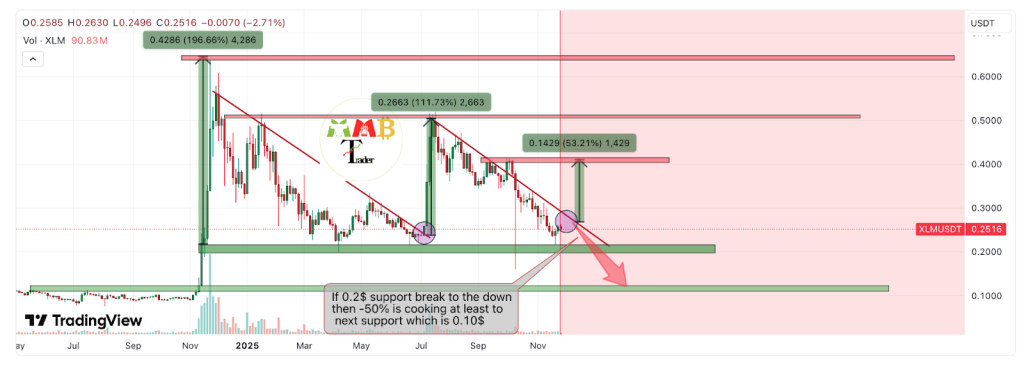Trump to Sign Executive Order to Include Private Equity and Crypto in 401(k)s

- Trump’s order expands 401(k) options to include private equity, crypto, and real estate.
- Executive order directs SEC to adjust rules, opening 401(k)s to alternative investments.
- Crypto and private equity offer higher returns but add risks to retirement savings.
President Donald Trump is set to sign an executive order on Thursday to enable private equity, cryptocurrencies, and real estate to be included in 401(k) retirement accounts. This decision aims to reshape how U.S. workers invest their retirement savings.
The order instructs the U.S. Secretary of Labor to revise fiduciary rules that apply to private market investments in 401(k) and other defined-contribution pensions under the Employee Retirement Income Security Act of 1974 (ERISA).
Traditionally, these retirement plans, which cover around 90 million Americans, have been invested in stocks and bonds, as well as mutual funds. The executive order indicates a change in the management of retirement savings, which may include non-traditional asset classes.
Expanding 401(k) Investment Options
401(k) plans allow workers to invest their retirement savings in stocks, bonds, and low-cost index funds. The new executive order will expand this range to include alternative assets such as private equity, real estate, and digital currencies like Bitcoin. The Secretary of Labor will collaborate with the Securities and Exchange Commission (SEC) and the Treasury Department to adjust regulations and ensure that these new assets are accessible within retirement plans.
This growth may result in more diversified portfolios and possibly better returns to workers, especially in the current environment. Nonetheless, critics caution that private equity and cryptocurrencies pose higher risks because they have less liquidity and high management charges.
Technically, private equity investments are illiquid, and cryptocurrencies are volatile, with high fluctuations in value. The SEC will be instrumental in ensuring that these investments are properly regulated to safeguard retirement savers.
Impact on Private Equity and Cryptocurrency Markets
These new orders benefit firms like Blackstone, Apollo, and KKR, which are major players in the private equity market. To these companies, the 401(k) market has always been an enormous potential source of new capital, while they have long lobbied to be able to access it. However, the longer lock-up periods of private equity and its lack of transparency made it a more risky option for retirement plans.
The executive order also benefits the cryptocurrency industry. Cryptocurrencies such as Bitcoin have received more attention in recent years, and the order could open up new possibilities for workers to invest in digital assets through retirement accounts. Nevertheless, cryptocurrencies are very volatile, and their integration into the 401(k) can put investors at risk, particularly in the case of a market downturn.
Managing Risks in 401(k) Plans
While the new order opens up more investment opportunities, it also raises concerns about the risks involved. Critics believe that not all retirement savers should consider private equity and cryptocurrencies, especially senior citizens who are nearing retirement. Its insufficient liquidity, along with high management charges and price fluctuation, can undermine the security of long-term retirement savings.
Some 401(k) administrators fear the legal and monetary exposure of these new assets. Nonetheless, industry experts believe that the regulatory framework will give the industry legal protection and ensure that plan administrators can navigate these new investments more easily.
The largest global asset manager, BlackRock, is already planning to launch a new 401(k) fund in 2026 that will allocate to private equity assets. Nonetheless, business executives have recognized the difficulty behind conducting such investments, as they are more complex and risky.
The new executive order is an essential move toward diversifying the retirement portfolio, but adapting the regulatory framework will require time. Although they provide additional investment opportunities to workers, the risks they imply, such as those of private equity and cryptocurrencies, require careful consideration so that long-term financial stability can be achieved.
Disclaimer: The content of this article solely reflects the author's opinion and does not represent the platform in any capacity. This article is not intended to serve as a reference for making investment decisions.
You may also like
Do Kwon Wants Lighter Sentence After Admitting Guilt

Bitwise Expert Sees Best Risk-Reward Since COVID

Stellar (XLM) Price Prediction: Can Bulls Push Toward $0.30 in December?

21Shares XRP ETF Set to Launch on 1 December as ETF Demand Surges
